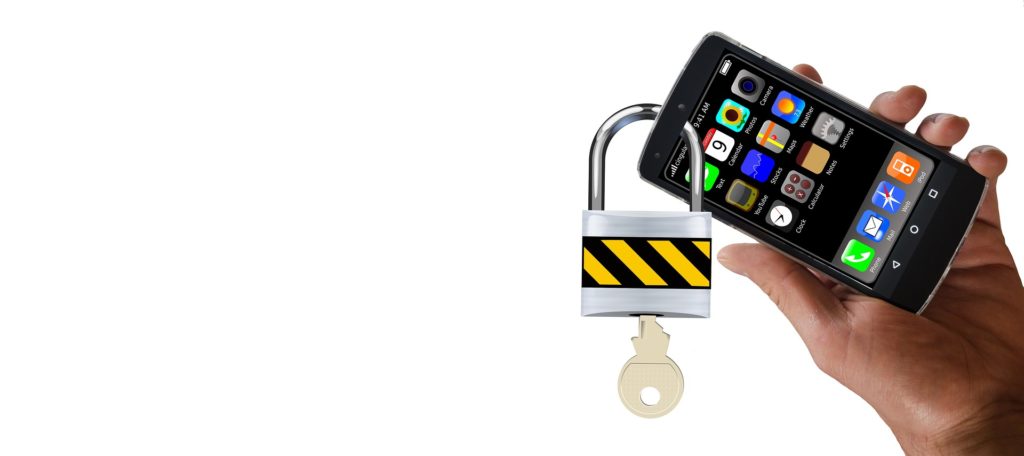
It seems as if most of us are now surgically attached to our smartphones. This includes employees, who use them for work. However, it now seems that the lines between professional and personal time have blurred somewhat. Indeed, Richard Blech was involved in a survey that showed:
- 73% of people put personal apps on their work tablets.
- 62% of people put personal apps on their work phones.
- 45% of people put personal apps on their work notebooks.
- 50% used smartphones for professional reasons.
Millennials, it seems, are the worst for mixing the personal and the professional. This is a problem because of the fact that there is also an increase in mobile crime. It is also a problem because it means people do personal things while “on the clock”, which is essentially a theft of crime. But the greatest danger, however, is the chance of private company information being leaked or stolen. This is why Richard Blech wants businesses to focus more on effective security solutions.
Effective Security Solutions for Mobiles According to Richard Blech
There are a number of strategies that businesses can, and should, implement in order to make sure that those who have access to mobile devices for work purposes do not accidentally share data with others. They include:
- Increasing understanding of phishing. All employees should be aware of the fact that they should never click on any links or any attachments sent to them, even if it is through a trusted source.
- Setting up code words between employees who do need to send each other attachments and other files. This ensures that nobody is able to pose as someone else and thereby encourage people to open links and files.
- To make sure that all employees agree to not access any free downloads.
- To limit access to non-trusted sources through smartphones.
- To ensure all mobile devices are fully password protected.
- To be able to wipe devices clean remotely should they be stolen. Additionally, employees need to learn how to wipe in case they believe someone else is accessing their device.
- Installing auto data-erase functionalities on apps and files after a set amount of failed password attempts.
- Installing strong anti-virus software on every device across the organization.
- Making sure that no employee ever attempts to break into their own device. Root riot can stop people from accessing the original operating system, and it is best to put this in place.
- To make sure all updates are set as automatic, which ensures software is always up to date and safe.
- To ensure that people understand that if they access public WiFi, their actions are public.
Unfortunately, employees often leak private information by accident. Thankfully, with the above 11 steps, you should be able to reduce it significantly. You also have to make sure that your employees are held accountable if a leak does occur, thereby encouraging them to take greater care.